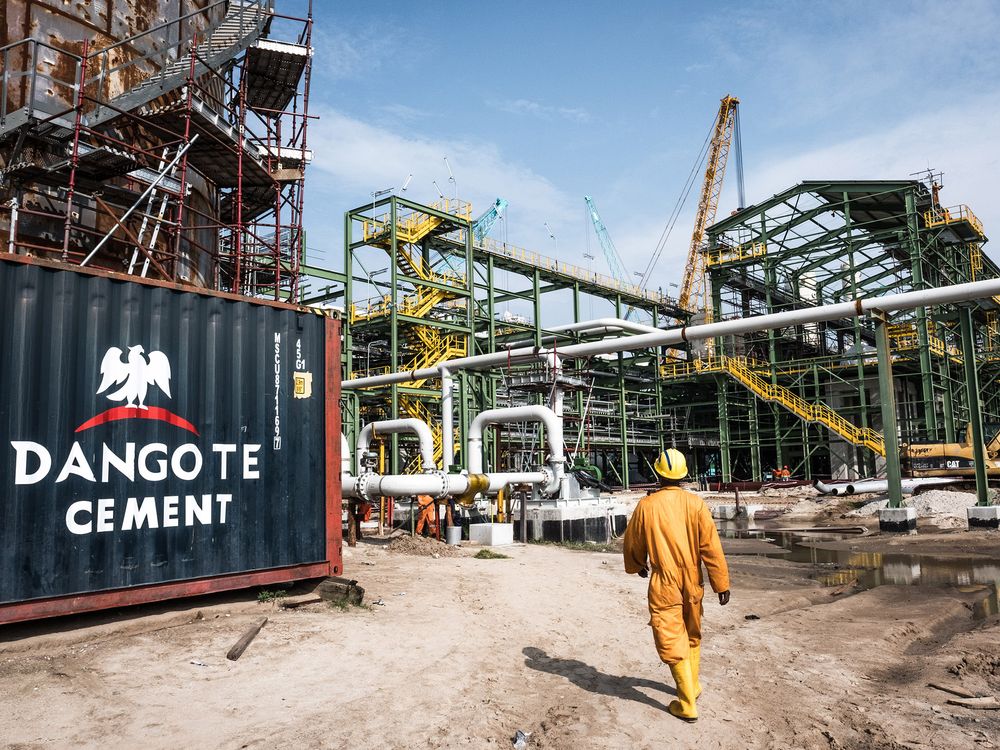There are no products in your shopping cart.
| 0 Items | £0.00 |

 GLOBAL financial ratings company Moody’s Investors Service has downgraded its outlook of the Nigerian economy to negative from stable as a result of what it termed the fragility of the country’s public finances and sluggish growth prospects.
GLOBAL financial ratings company Moody’s Investors Service has downgraded its outlook of the Nigerian economy to negative from stable as a result of what it termed the fragility of the country’s public finances and sluggish growth prospects.
According to Moody's, the increasing fragility of Nigeria’s public finances is evident in the greater reliance by the government on financing from the Central Bank of Nigeria (CBN) over the last three years. It added that the government is dependent on oil export proceeds to cover persistently large fiscal deficits, with CBN cash advances reaching 2.5% of gross domestic product (GDP) on a net basis at the end of September 2019.
Next year, the CBN is aiming to generate $4bn from non-oil exports revenue in 2020 but even if this is achieved, it pales in comparison to the $25bn got from crude oil shipments. Also, $4bn represents a minute percentage of Nigeria's total GDP of about $375bn and with a tax-to-GDP ratio of just 6%, the government is struggling to find ways of funding much-needed infrastructural projects.
A Moody's spokesman said: “In particular, CBN advances are more expensive than debt-funded on the domestic capital market as the CBN applies a penalty rate on top of its monetary policy rate currently at 13.5 per cent. Moody’s expects general government revenues to remain very low at around 8% of GDP until 2022, despite measures to such as the value added tax rate increase to 7.5 % from 5% in 2020.
"Consequently, debt affordability will remain weak, with general government interest payments at around 25 per cent of revenues in the next few years. The economy has yet to fully recover from the oil price shock of 2015 and the subsequent recession in 2016, while real growth remains below population growth, denoting an erosion in incomes from already low levels."
Moody’s also projected Nigeria’s real growth to remain weak, at just over 2% over the next few years. It added that this low growth environment makes achieving the government’s objectives of job creation, improvement in social indicators and fiscal consolidation via increased revenue collection highly challenging.
“However, the continuation of the current policy mix, including the rationing of the supply of US dollars in the economy while suppressing part of the demand for foreign currency aimed at supporting domestic production and job creation over the long term, will constrain economic growth over the short to medium term. Overall, given Moody’s expectation that general government fiscal deficits are likely to remain around 4% of GDP and 50% of revenues and growth subdued over the coming years, rapid debt accumulation will continue," the Moody's spokesman added.
Moody’s expects Nigeria's debts to total N49trn ($135bn) by the end of 2021, accounting for about 27% of GDP. While still at moderate levels, debt has accumulated quickly over the last four years, almost tripling to an estimated N33trn or 23.2% of GDP in 2019 from N12.6trn or 13.2% in 2015.
These figures includes the debts of the federal government, the states and local governments. They also include the net cash advances from the CBN, as well as the stock of promissory notes issued to clear past arrears.